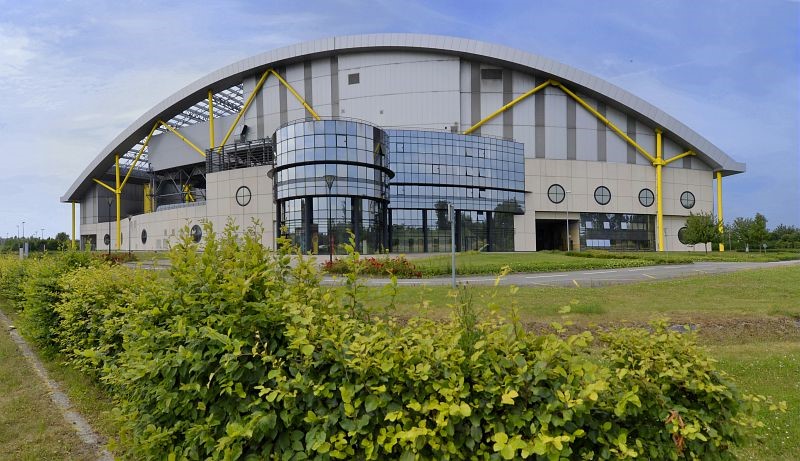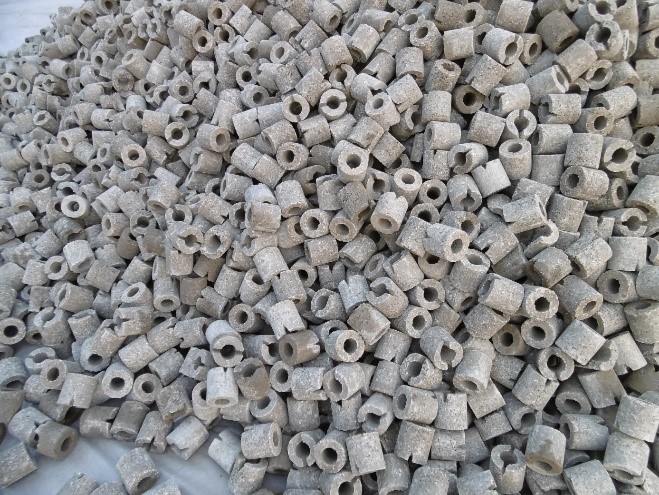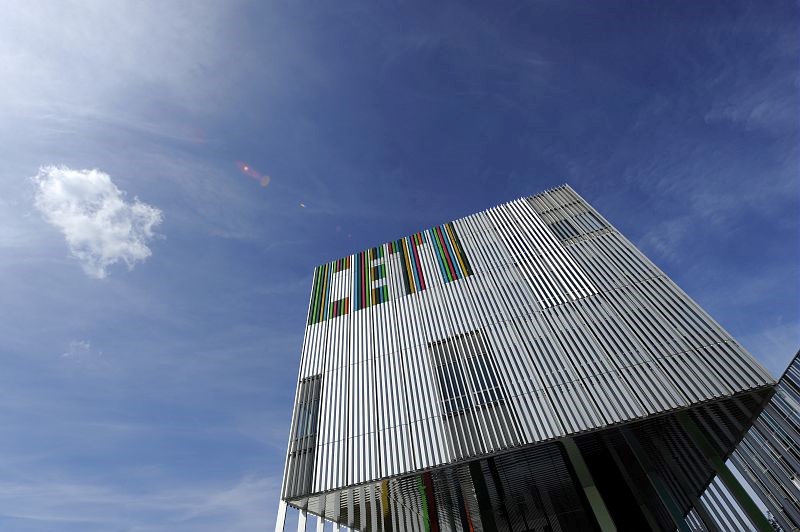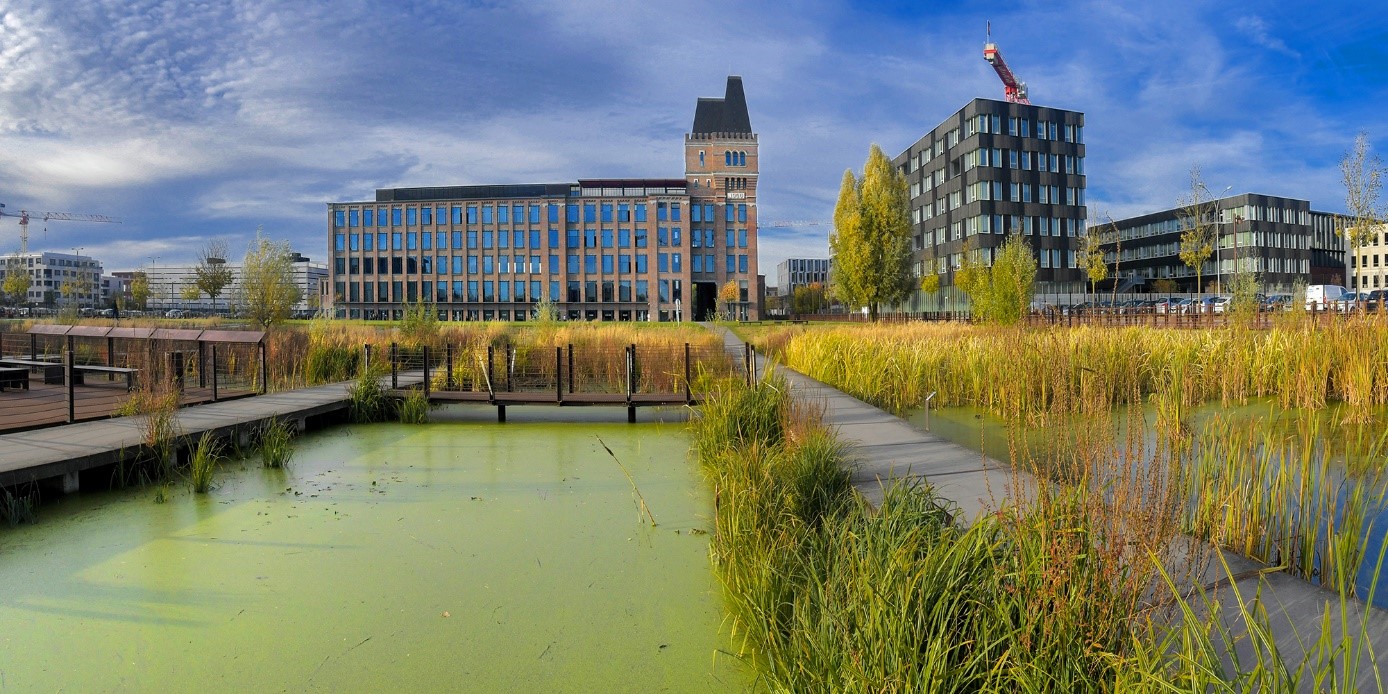Lille Métropole, France
In Lille Métropole (95 municipalities, 1.2 million inhabitants) located in the North of France, circular economy started already in the 2000’s with two waste-to-energy plants producing biogas, electricity and more recently heat from household waste. On 23 April 2021, Lille Métropole adopted its new Master Plan for Household and Assimilar Waste 2021-2030. The objective of this strategic document is to define the broad guidelines for waste prevention and management up to 2030. As a result of a partnership and consultation between municipalities, representatives of the civil society, users and various public and private partners, the Master Plan contains some thirty actions organised in 4 areas:
- Less discard
- Sort more
- Offer a better service to the population
- Modernise waste treatment
The global target is to reduce the quantities of household waste by 15 % by 2030 compared to 2010 and to reduce by 50% the amount of biodegradable and recyclable waste discarded in residual garbage bins.
The first ambition of Lille Métropole is indeed to reduce the amount of waste discarded by its population but the plan is also about deploying new sorting gestures and modernising our waste treatment facilities in order to reach laws evolution and evolve towards our population’s needs.
A 20 km heat highway
Since 2021, twenty kilometers of pipelines circulates hot water from the combustion of household waste, carried out by one of the waste-to-energy plant. This hot water is used to feed the metropolitan heat networks through waste recovery, in order to heat public facilities such as town halls, swimming pools and social housing. Thanks to this renewable energy ERDF funded project, Lille district heating power plant has stopped using coal, resulting in a significant decrease in C02 emissions as well as in the energy bill of the metropolitan area.


SEDIMEL
This innovative ERDF funded project experiments the recovery of dredged sediments as new raw materials for public works, in a green and circular way. Developed in Lille Métropole, it investigates new opportunities such hydrocyl, a precast concrete hollow cylinder produced to make reservoir pavements using sediments instead of sand with a highest water storage capacity.
Lille Métropole European Center for Innovative textiles (CETI)
Based in Tourcoing, working for SME and large firms is at the forefront of innovation in the textile industry and makes a strong move towards a circular economy. CETI conceives prototypes and manufactures new products, materials and processes in order to transform the textile industry into a sustainable, recycling and circular economy by developing new business models and ecosystems of value. According to Pascal Denizart, CETI’s Director, the circular economy and recycling can lead to the recovery of the French textile industry.


